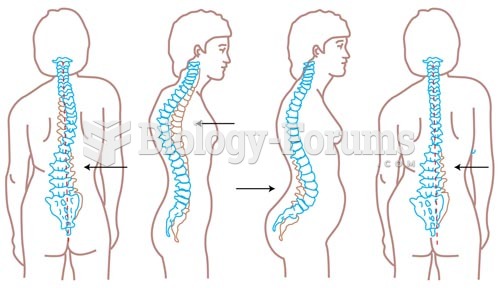Answer to Question 1
Adequacy reflects a diet that provides sufficient energy and enough of all the nutrients to meet the needs of healthy people. Take the essential nutrient iron, for example. Because the body loses some iron each day, people have to replace it by eating foods that contain iron. A person whose diet fails to provide enough iron-rich foods may develop the symptoms of iron-deficiency anemia: the person may feel weak, tired, and listless; have frequent headaches; and find that even the smallest amount of muscular work brings disabling fatigue. To prevent these deficiency symptoms, a person must include foods that supply adequate iron.
Balance in the diet helps to ensure adequacy. The art of balancing the diet involves consuming enoughbut not too muchof different types of foods in proportion to one another. In a balanced diet, foods rich in some nutrients do not crowd out foods that are rich in other nutrients.
kcalorie (energy) Control: Designing an adequate diet within a reasonable kcalorie allowance requires careful planning. Once again, balance plays a key role. The amount of energy coming into the body from foods should balance with the amount of energy being used by the body to sustain its metabolic and physical activities. Upsetting this balance leads to gains or losses in body weight.
Nutrient density promotes adequacy and kcalorie control. To eat well without overeating, select nutrient-dense foodsthat is, foods that deliver the most nutrients for the least food energy.
Moderation contributes to adequacy, balance, and kcalorie control. Foods rich in fat and sugar often provide enjoyment and energy but relatively few nutrients; in addition, they promote weight gain when eaten in excess. A person practicing moderation eats such foods only on occasion and regularly selects foods low in solid fats and added sugars, a practice that automatically improves nutrient density.
Variety improves nutrient adequacy. A diet may have all of the virtues just described and still lack variety, if a person eats the same foods day after day. People should select foods from each of the food groups daily and vary their choices within each food group from day to day for several reasons. First, different foods within the same group contain different arrays of nutrients. Second, no food is guaranteed entirely free of substances that, in excess, could be harmful. Third, as the adage goes, variety is the spice of life.
Answer to Question 2
nutrient amount; percent Daily Value
percent Daily Value; nutrient amount;







